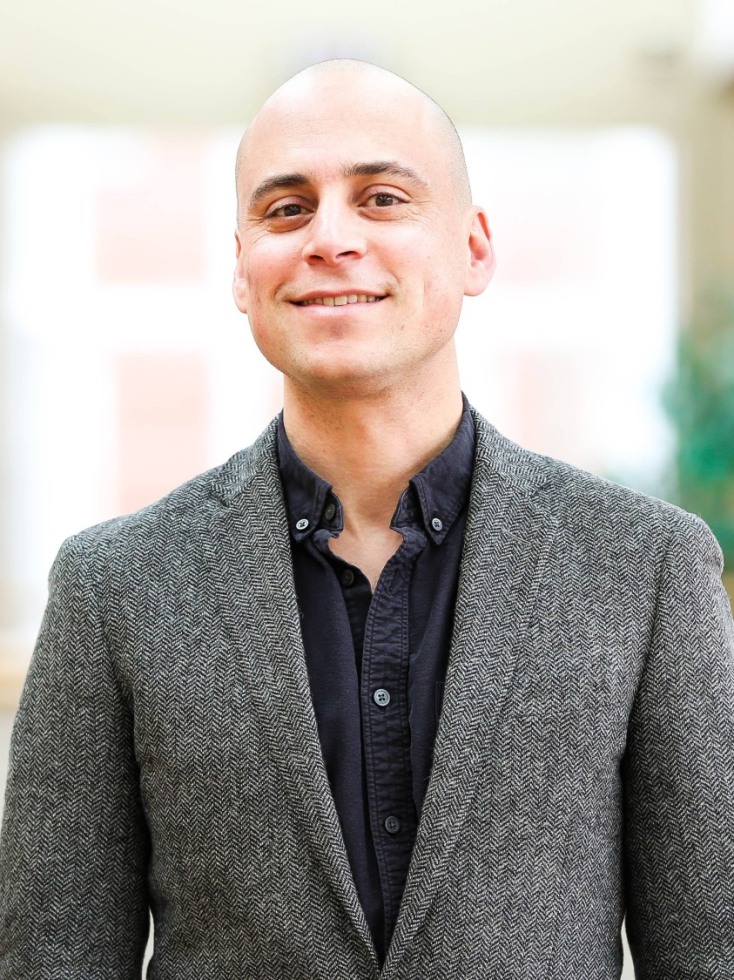Benjamin Bradlow, a 2020 alumnus of the Graduate Program in Development (GPD) with a Ph.D. from the Department of Sociology, was one of ten early career interdisciplinary faculty across the globe selected for the prestigious Canadian Institute for Advanced Research (CIFAR) Azrieli Global Scholars fellowship in the research program on "Humanity's Urban Future." Bradlow credited the GPD with teaching him to work across traditional disciplinary boundaries, "This award is part of my research trajectory that was enabled by my experience at Watson's GPD. From the very beginning of my doctoral studies, being part of the GPD enabled me to think about the work and methodologies of my discipline in relationship to a broader interdisciplinary approach."
Bradlow returned to Brown in early April to speak at the Africa Initiative's conference, "Three Decades of South African Democracy: Promises, Perils, Potential." Currently an assistant sociology and international affairs professor at Princeton University, Bradlow was impressed by the event. "I don't know of any similar convenings with such varied reflections on South African democracy that have occurred in American academia in recent years," he said, "This was a quintessential Watson Institute event."
At the conference, Bradlow discussed findings from his forthcoming book that compares the politics of urban inequality in Johannesburg and São Paulo after transitions to democracy in South Africa and Brazil. Due to be released in late October by Princeton University Press, "Urban Power: Democracy and Inequality in São Paulo and Johannesburg" is based on his dissertation and compares how the two cities govern housing and land use, sanitation, and collective transportation after each transitioned to democracy, and explains why democracy and local government both matter.
According to Bradlow, urban social movements were at the heart of South Africa and Brazil's respective struggles for democracy. Through over a year of fieldwork in each country's largest city, Bradlow investigated how the interaction of local government bureaucrats, politicians, movements, and private sector actors shaped the differing trajectories of Johannesburg and São Paulo in reducing inequalities in the built environment over the past three decades.
In the book, Bradlow addresses long-standing questions about the relationship of local governments and governance with urban movements. He also reinforces an emerging call to examine cases in the Global South more seriously to develop a more global urban sociology.
Initially uncertain about what discipline he wanted to study as a doctoral candidate, Bradlow did know that he wanted to embrace development issues from a global perspective. Ultimately, the Watson Institute's Graduate Program in Development (GPD) inspired Bradlow to pursue a doctorate in sociology at Brown.
"Brown University's sociology program has occupied a very distinct niche among departments in the United States in emphasizing questions of development and researching issues affecting other parts of the world, particularly in the Global South. It has long been concerned with comparison as a way to study social problems, and comparison has been central to the history of sociological methodologies," said Bradlow.
